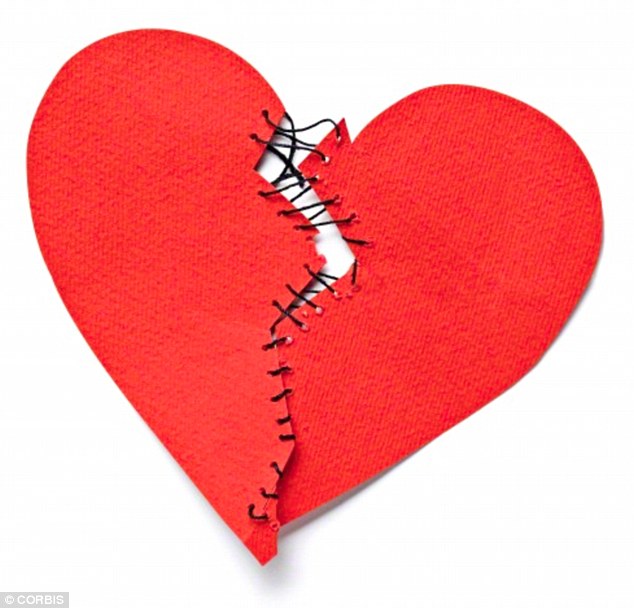-
Tips for becoming a good boxer - November 6, 2020
-
7 expert tips for making your hens night a memorable one - November 6, 2020
-
5 reasons to host your Christmas party on a cruise boat - November 6, 2020
-
What to do when you’re charged with a crime - November 6, 2020
-
Should you get one or multiple dogs? Here’s all you need to know - November 3, 2020
-
A Guide: How to Build Your Very Own Magic Mirror - February 14, 2019
-
Our Top Inspirational Baseball Stars - November 24, 2018
-
Five Tech Tools That Will Help You Turn Your Blog into a Business - November 24, 2018
-
How to Indulge on Vacation without Expanding Your Waist - November 9, 2018
-
5 Strategies for Businesses to Appeal to Today’s Increasingly Mobile-Crazed Customers - November 9, 2018
Can you really die from a broken heart?
Well according to science losing your partner puts you at a greater risk of developing an irregular heart beat, thus in turn raising the likely-hood of having heart failure or strokes.
Advertisement
People who lose a partner are at an increased risk of developing an irregular heartbeat for the next 12 months.
The risk was more apparent 8 to 14 days after the partner’s death.
“This suggests the suddenness or the unexpectedness of the death contributed to the risk of a-fib”, said Walsh, who also is vice president of the American College of Cardiology.
They discovered that 17,478 people who had been diagnosed with the condition had also lost a partner.
The risk of developing an irregular heartbeat for the first time was calculated to be 41 per cent higher among those who had been bereaved.
The risk appears to be greatest in younger people after the death of their loved one. After a year, the risks of atrial fibrillation were the same as the people who was not bereaved, which means that chances could significantly change in the course of one year.
They were more than twice as likely to develop problems, while those whose partners died unexpectedly were 57 percent more at risk.
Study author Dr. Mary Norine Walsh, a cardiologist at the St. Vincent Heart Center in Indianapolis, said those going through a period of mourning should be vigilant, and seek medical help if they feel any symptoms of an arrhythmia.
Further research looking at whether the association found applies to more common, but less severe life stressors, is warranted, they say.
A growing body of evidence suggests that highly stressful life events boost the risk of a heart attack or stroke, but up to now it has not been clear whether this might also be true of atrial fibrillation.
“The elevated risk was especially high for those who were young and those who lost a relatively healthy partner”.
They looked at several factors that might influence atrial fibrillation risk which included time since the bereavement, age and sex, heart disease and diabetes, the health of the partner a month before death, and whether they were single.
Maureen Talbot, senior cardiac nurse at the British Heart Foundation, said: ‘The bereavement of a partner is a devastating event in anyone’s life but the effect can be even worse when a death is sudden or premature.
Advertisement
Danish researchers collated data from nearly 89,000 people diagnosed with atrial fibrillation between 1995 and 2014 and compared it to 886,000 healthy people.





























